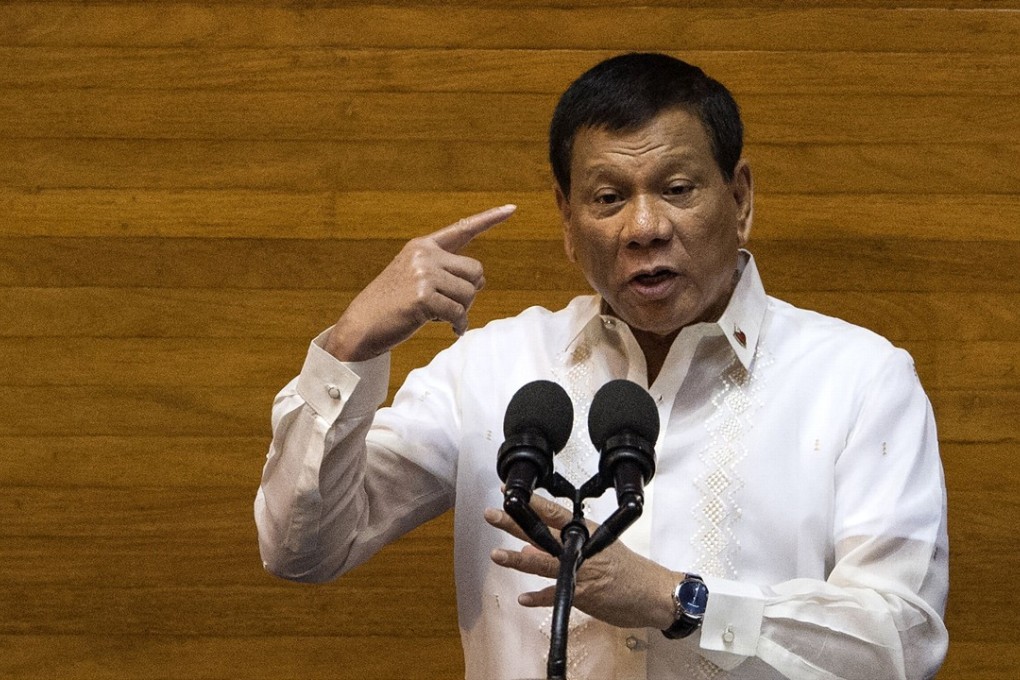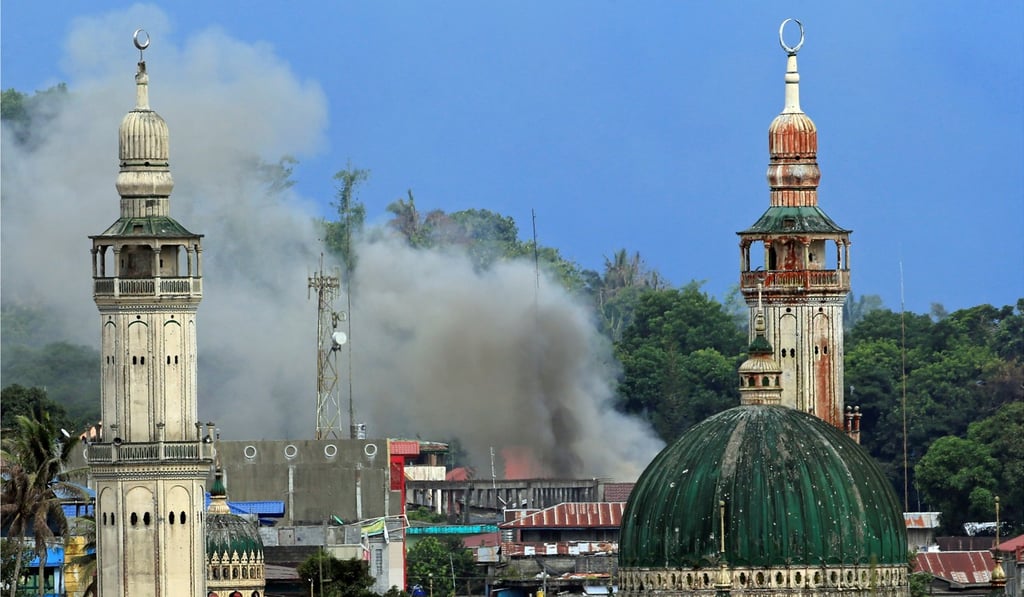Duterte’s martial law extension renews fears of authoritarianism in the Philippines
- Critics of the president see the extension of military rule in Mindanao as part of a growing crackdown on dissent

Rights activists in the Philippines are sounding the alarm after President Rodrigo Duterte decided to extend martial law in the country’s restive south.
Duterte on Wednesday approved “in principle” army and police recommendations to prolong military rule in Mindanao, the second-largest island in the Philippines, despite the end of an Islamist insurgency in the city of Marawi that prompted its declaration in 2017.

Philippine National Police Chief Oscar Albayalde insisted the move was not a precursor to martial law across the country, although Duterte said last year “all options” were on the table.
“It’s really distressing,” said Luis Teodoro, a board member at the Centre for Media Freedom and Responsibility. “Part of the context now is the creeping authoritarianism that is going on – one-third of country is under martial law – and they are going to extend it.”
“Mr Duterte himself has already asked, ‘Why do I have to declare martial law over the country? I could kill you, arrest you if I want,’” said Teodoro. “He’s said that on the record.”
